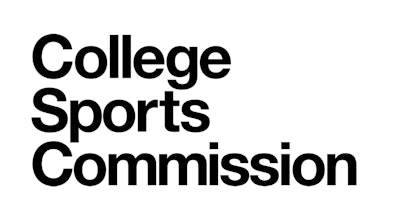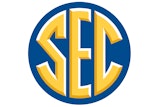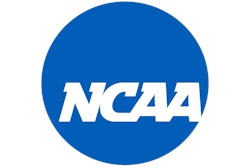
Alongside the approval of the House v. NCAA settlement, the College Sports Commission was created. The Commission’s main focus is to regulate student-athlete compensation issues and oversee name, image and likeness deals.
According to CBS Sports, the Commission, in partnership with Deloitte, has launched an NIL portal to assist student-athletes in making reputable partnerships and increase oversight. The NIL Go portal will “allow student-athletes a way to report third-party NIL deals to be evaluated for rules compliance. An athlete can do this before accepting a deal to ensure that their eligibility will not be impacted.”
The Commission will judge NIL deals in three categories: payor association, valid business purpose and range of compensation.
The goal is to understand the relationship between the payor and the university as well as understand what the payor is seeking in exchange for the payment and whether that payment is fair in the marketplace.
According to the Commission, “The ‘Payor Association’ category is especially important given that, under previous NIL guidance, boosters could facilitate deals with prospective athletes.”
Now that the House settlement has passed, boosters are known in the Commission rules as “associated entities.” These may include persons who are known, or should be known, to the athletics department and who exist to promote athletics programs, as well as those who are directed to assist in recruiting and retention not controlled by a publicly traded corporation.
The Commission also seeks to ensure that any NIL deals have a valid business purpose, meaning the deals must “demonstrate evidence of using the student-athlete’s NIL to promote a good or service being offered to the public for profit.” With the creation of this new rule, NIL collectives are prohibited from paying athletes simply to appear at NIL collective events. NIL collectives will still be allowed to assist in matching student-athletes with businesses interested in securing NIL partnerships.
In controlling the range of compensation, the Commission aims to ensure all athlete NIL compensation is “commensurate with the compensation paid to similarly situated individuals with comparable NIL value.” There will be several factors, including the deal’s workload, social media reach and local market, taken into account to determine the range of compensation in each case.
After a student-athlete submits their prospective deal on the NIL Go portal, the Commission will review and analyze the opportunity under the three categories and reach one of three outcomes: cleared, not cleared or flagged for additional review.
Cleared deals are allowed to proceed without any further interference. Deals that are not cleared do not meet the requirements of the previously stated three categories and must be canceled or appealed.
Any NIL deal that is categorized as ‘flagged for additional review’ must have a legitimate concern regarding the three categories. The student-athlete will be alerted to this status, and an investigation will begin to attempt to create new terms for the deal.
Student-athletes only risk punishment or loss of eligibility if they proceed with an NIL deal that was deemed “not cleared” by the Commission.





































